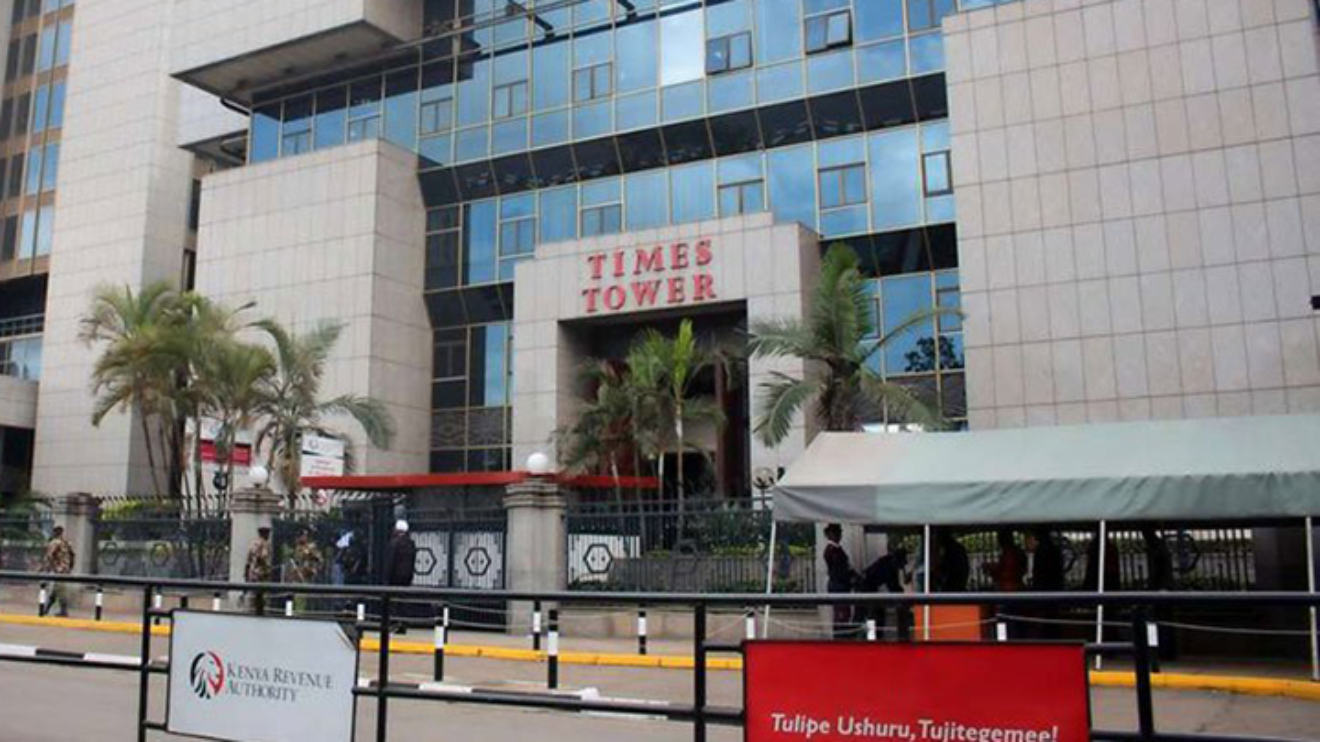In a recent development aimed at clarifying tax obligations for employee benefits, the Kenya Revenue Authority (KRA) has announced significant changes regarding the taxation of meal benefits provided by employers.
Under the updated guidelines issued by KRA, any meals provided to employees exceeding a yearly value of Sh48,000 will now be fully subject to taxation.
This policy departure is rooted in Section 5(4)(f) of the Income Tax Act, which initially exempted meal benefits below this threshold from taxable income.
“The above circular was issued pursuant to Section 5(4)(f) of the ITA, which states that gains or profits from employment do not include the value of meals served to employees in a canteen or cafeteria operated or established by the employer or provided by a third party who is a registered taxpayer, where the value of the meal does not exceed the sum of KES 48,000 per year per employee, subject to such conditions as the Commissioner may specify,” it stated.
The rationale behind this adjustment, as emphasized by KRA, is to ensure fairness across income brackets, particularly benefiting low- and middle-income employees who constitute the majority of those receiving meal benefits.
Read More
This move aims to maintain equitable tax treatment while safeguarding the financial well-being of these employees.
According to the authority's statement, employers are now required to include the tax liability within the total value of meal benefits provided.
This approach, known as grossing up, mandates employers to calculate and remit Pay As You Earn (PAYE) on behalf of their employees for these additional benefits.
By doing so, KRA aims to alleviate the financial burden resulting from increased tax obligations on meal benefits.
Furthermore, KRA has urged employers to conduct thorough reviews of their financial records to identify any potential historical tax exposures related to meal benefits.
Should employers identify such exposures, they are advised to promptly settle any outstanding tax liabilities, including penalties and accrued interest.
"In cases where historical exposure is identified, employers may benefit from the ongoing tax amnesty," stated KRA.
This initiative offers a waiver of penalties and interest on outstanding tax liabilities up to December 31, 2022, with the amnesty period scheduled to conclude on June 30, 2024.
However, any liabilities identified beyond this period will require full payment, inclusive of penalties and interest.
The implementation of these revised tax regulations underscores KRA's commitment to ensuring compliance with tax laws while promoting transparency and fairness in the treatment of employee benefits.
It highlights the importance for employers and employees alike to stay informed and proactive in meeting their tax obligations under the updated guidelines.








